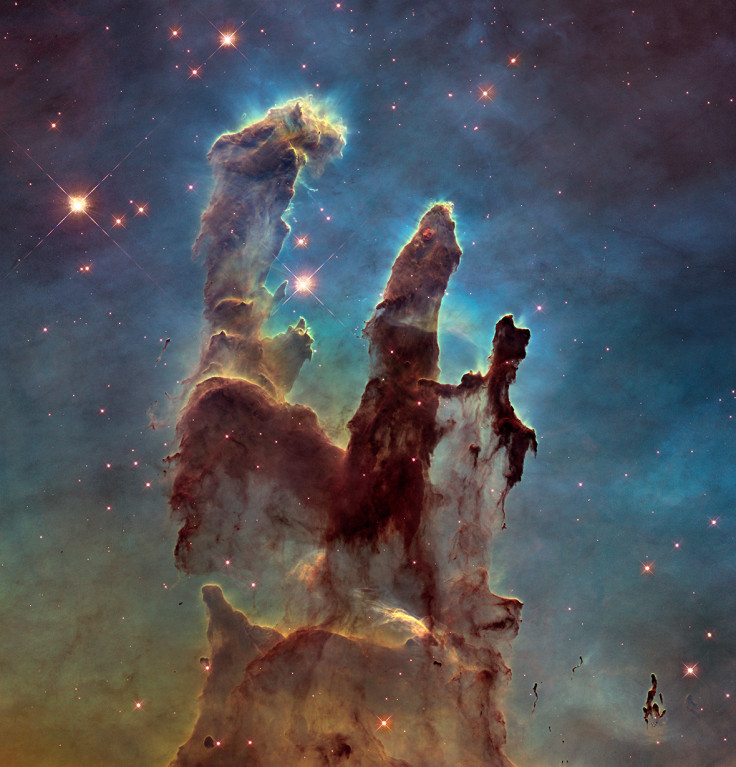Did life originate in outer space? Scientists think space dust might have brought life to Earth
We might indeed be made of "stardust" as scientists find that it is possible for particles to travel between planets on dust streams.

Life on Earth could have originated as a result of fast-moving streams of interplanetary dust continually bombarding the atmosphere, according to University of Edinburgh researchers. They say dust streams could potentially deliver microorganisms, kickstarting life on other planets.
The research has also found that biological matter from Earth could be knocked out into space when hit with enough energy, taking life from Earth elsewhere. This means it would be possible for life to travel from one planet to the next both within the solar system and beyond it, suggest the researchers.
It was previously thought that only asteroid impacts could transfer life between planets, but this discovery opens up a new line of reasoning, reports the Science Daily.
"The proposition that space dust collisions could propel organisms over enormous distances between planets raises some exciting prospects of how life and the atmospheres of planets originated. The streaming of fast space dust is found throughout planetary systems and could be a common factor in proliferating life," said Arjun Berera, from the University of Edinburgh's School of Physics and Astronomy, who led the study.
The researchers set about calculating the amount of energy that the space dust streams generate and the speed at which they can travel - they can reach speeds of up to 70km per second. When streams of that speed hit anything in the atmosphere that is over 150km from the surface, they could get knocked out into space, they found. Particles like these that escape the Earth's gravity could end up in other planets.
This mechanism could possibly cause exchange of atmospheric particles between distant planets. However, not all life that gets thrown into space can survive the cold, harsh conditions of deep space. There is a type of living organism called Tardigrades that includes plants, small animals and bacteria known to survive in outer space. If they are present in the right place at the right time, they could possibly survive the journey to another world.
Cassini was forcefully plunged into Saturn to burn up so that if there is any Earth organism on the spacecraft left over from its launch, it could contaminate one of the moons of Saturn where Nasa hopes to find life. The Genesis project proposed to send seeds of life to distant planets to try and kickstart biological life in other star systems.





















